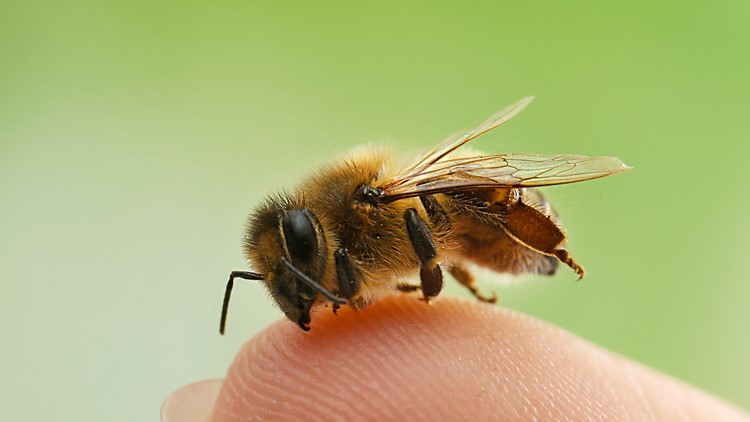FAYETTEVILLE, Ark. — The first ancestors of modern bees were aggressive, carnivorous wasps that roamed the Earth more than 120 million years ago. As the years passed, the hunters morphed into nectar collectors and in doing so became the primary pollinators in nature worldwide.
Bees are critical in food cultivation but in recent decades the number of bee colonies has sharply declined and is a significant threat to the world’s food supply. Scientists in Arkansas are doing research that could lead to ways to protect the world’s bee populations.
Olivia Kline, an entomology doctoral student at the University of Arkansas, works in the research program of Neelendra Joshi, associate professor of entomology for the Arkansas Agricultural Experiment Station. He specializes in research on pollinator health, fruit entomology, integrated pest management, and pesticide toxicology.
To read more about this story please visit our content partner, Talk Business & Politics.



